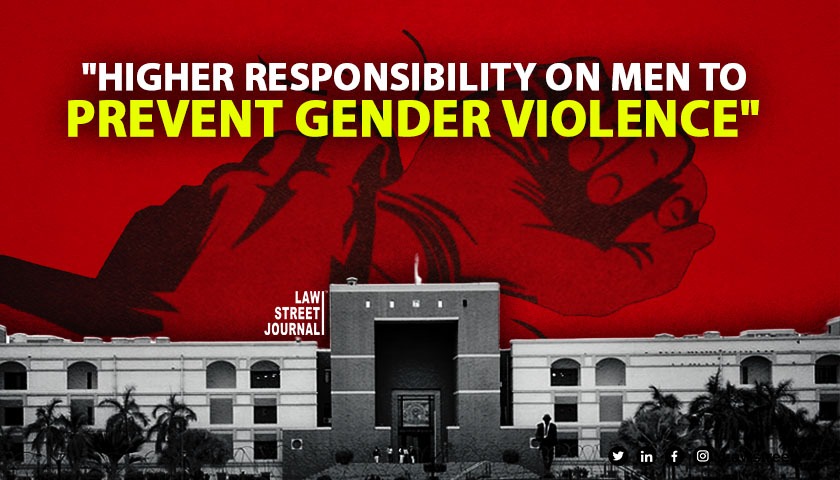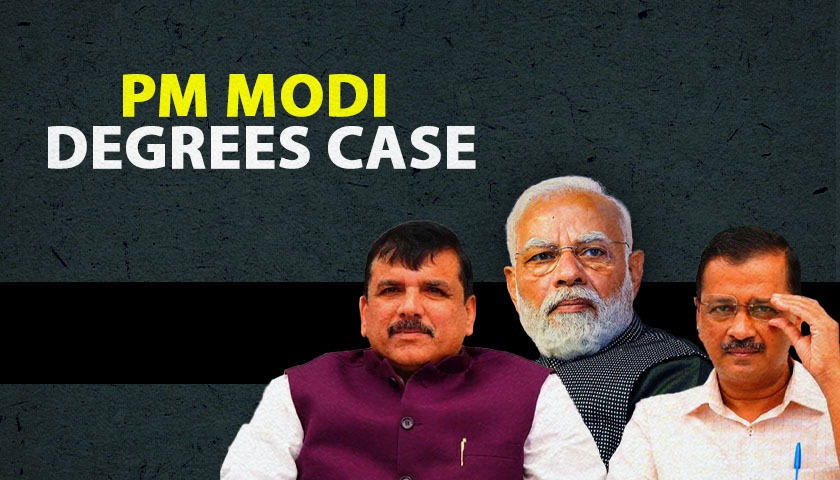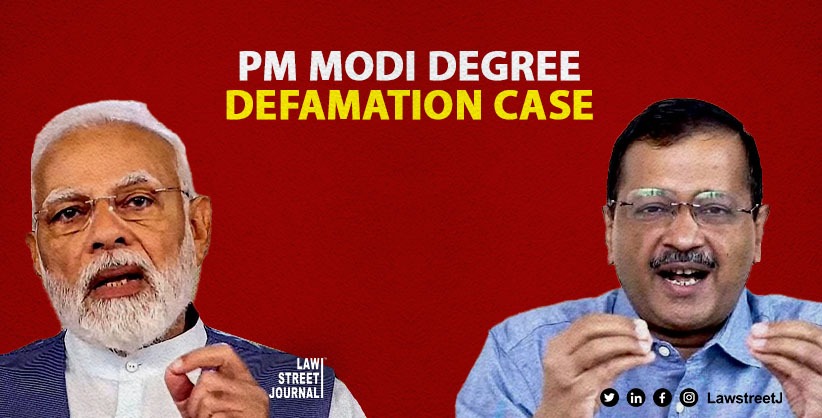AHEMDABAD: In a landmark verdict on marital rape, the Gujarat High Court has opined that men have a higher duty and role to play in averting gender violence than women.
The Court noted that in India the actual instances of violence against women may be much higher than the data suggests. Due to this, women may continue to face hostility and remain in environments where they are subject to violence. It said that because of this the responsibility on men is much higher than that on women.
This silence needs to be broken. In doing so, men, perhaps more than women have a duty and role to play in averting and combating violence against women, Justice Divyesh Joshi of the High Court wrote.
These observations of the High Court came while hearing a bail plea moved by a lady. The complaint against her was filed by her daughter in law. The prosecutions version was that the daughter in laws husband and parents-in-law compelled her to record her nude videos and photos, which were uploaded on a porn website. The Court refused to grant bail to the mother-in-law stating that being a woman, she did not do anything to protect the integrity of another woman, among other reasons.
With this, the Court added that the Constitution of India does not depict a woman to be subordinate to a man. The Constitution guarantees fundamental rights under Articles 14, 15, 19 and 21 which are right to live with dignity, personal liberty, bodily integrity, sexual autonomy, right to reproductive choices, right to privacy, right to freedom of speech and expression. Under the Constitution, the rights are equal; protection is also equal.
Explaining further, the Court opined that gender violence is most often unseen and is shrouded in undefined a culture of silence.
The causes and factors of violence against women include entrenched unequal power equations between men and women that foster violence and its acceptability, aggravated by cultural and social norms, economic dependence, poverty and alcohol consumption, etc. In our country, the culprits are often known to the woman and also, the social and economic "costs" of reporting such crimes are high. General economic dependence on family and fear of social ostracization act as significant disincentives for women to report any kind of sexual violence, abuse or abhorrent behaviour," the Court lamented.
The Court also elucidated on what constitutes as sexual violence, stating, Sexual violence is varied in degree. At the highest (or, rather most aggravated) level, is rape with or without attendant violence. However, there are a substantial number of incidents which fall within the rubric of sexual violence, that amount to offences under various penal enactments.
The Court added that these offences have a lasting effect on survivors, even though a category of these crimes are considered as minor.
These outlaw behaviours such as stalking, eve-teasing, shades of verbal and physical assault, and harassment. Social attitudes typically characterize this latter category of crimes as minor offences. Such minor crimes are, regrettably not only trivialised or normalized, rather they are even romanticized and therefore, invigorated in popular lore such as cinema. These attitudes which indulgently view the crime through prisms such as boys will be boys and condone them, nevertheless have a lasting and pernicious effect on the survivors," it stated.


![Supreme Court Affirms Women's Right to Reproductive Choices as Central to Human Dignity [Read Order]](/secure/uploads/2023/08/lj_5007_Right_to_Reproductive.jpg)









